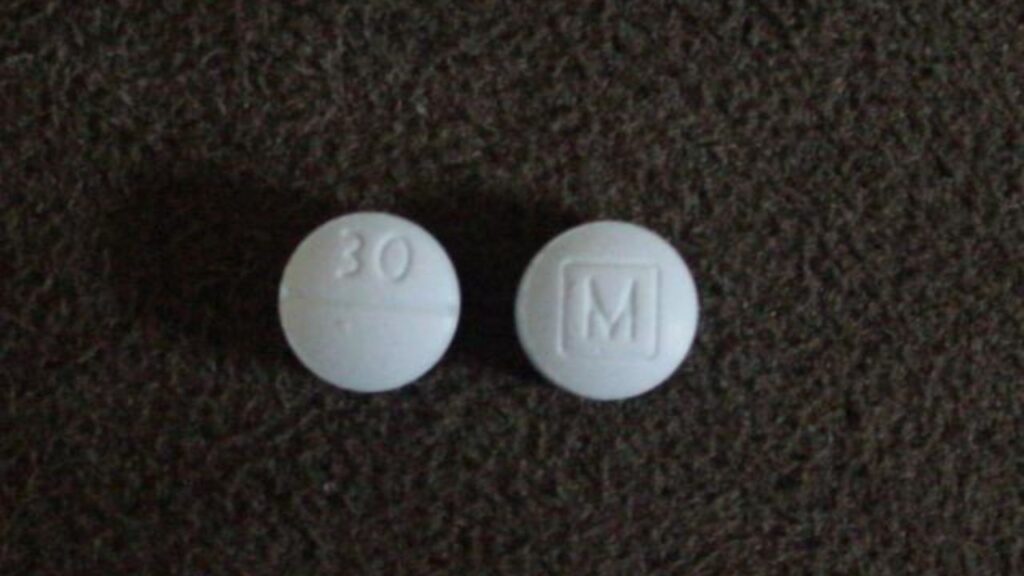Opioid addiction has become a national crisis, with millions of Americans struggling with substance abuse disorders. While the risks of overdose are well-known, many people are unaware of the potentially life-threatening dangers associated with opioid withdrawal. In this article, we will explore the risks and complications of opioid withdrawal and emphasize the importance of seeking professional medical help when attempting to quit opioids.
The Risks of Opioid Withdrawal
Opioid withdrawal can be an extremely uncomfortable and potentially dangerous process. When an individual who is physically dependent on opioids suddenly stops or significantly reduces their use, they may experience a range of withdrawal symptoms, including:
- Severe muscle aches and pains
- Nausea, vomiting, and diarrhea
- Intense cravings for opioids
- Anxiety, agitation, and irritability
- Insomnia and restlessness
- Rapid heartbeat and high blood pressure
- Sweating and chills
While these symptoms may not be life-threatening on their own, they can lead to serious complications if not properly managed.
Potential Complications of Opioid Withdrawal
One of the most significant risks associated with opioid withdrawal is dehydration. The severe vomiting and diarrhea that often accompany withdrawal can cause rapid fluid loss, leading to electrolyte imbalances and potentially dangerous dehydration. If left untreated, dehydration can cause organ damage, kidney failure, and even death. Another potential complication of opioid withdrawal is aspiration, which occurs when an individual inhales stomach contents into their lungs while vomiting.

Factors That Increase the Risk of Severe Withdrawal
Several factors can increase the likelihood of experiencing severe opioid withdrawal symptoms, including:
- Long-term opioid use: The longer an individual has been using opioids, the more severe their withdrawal symptoms are likely to be.
- High doses of opioids: Individuals who have been using high doses of opioids are more likely to experience severe withdrawal symptoms.
- Underlying health conditions: Certain health conditions, such as heart disease, diabetes, and respiratory disorders, can increase the risk of complications during opioid withdrawal.
- Polysubstance abuse: Individuals who abuse multiple substances, such as alcohol or benzodiazepines, in addition to opioids may experience more severe withdrawal symptoms.
The Importance of Professional Medical Help
Given the potentially life-threatening nature of opioid withdrawal, it is crucial for individuals attempting to quit opioids to seek professional medical help. Medically-supervised detox programs, like those offered at The Bluffs Addiction Campuses in Ohio, provide a safe and supportive environment for individuals to navigate the withdrawal process.
During medically-supervised detox, patients are closely monitored by healthcare professionals who can manage withdrawal symptoms, prevent complications, and ensure patient safety. Medications may be prescribed to alleviate discomfort and reduce the risk of severe symptoms.
Get Help Today
If you or a loved one is struggling with opioid addiction and considering quitting, do not attempt to do so alone. Seek professional help to minimize the risks associated with opioid withdrawal and increase your chances of a successful recovery. The Bluffs Addiction Campuses in Ohio offers comprehensive, medically-supervised detox programs tailored to your individual needs. Call us today at 330-919-9228 to learn more about our services and take the first step towards a healthier, addiction-free life.








